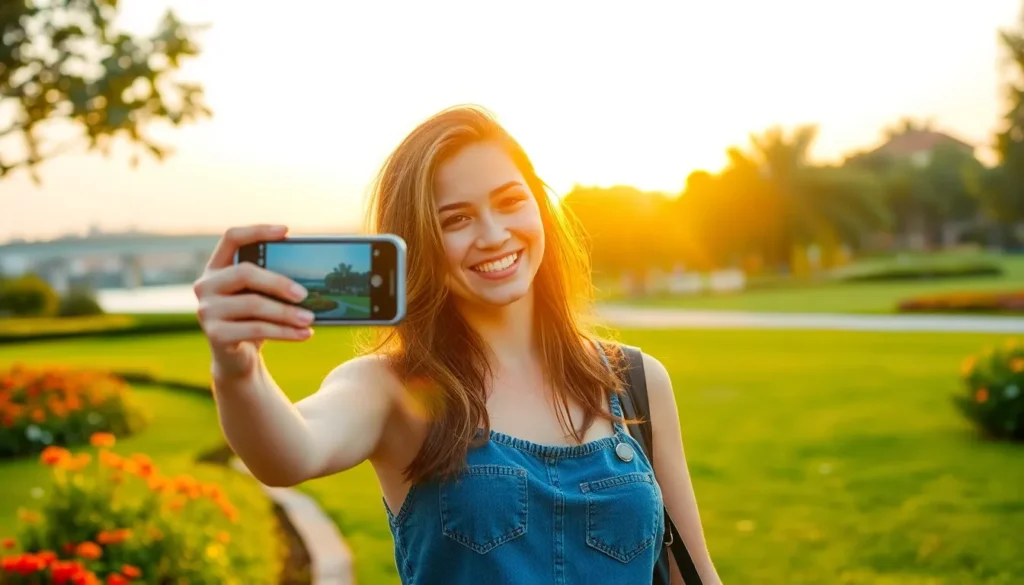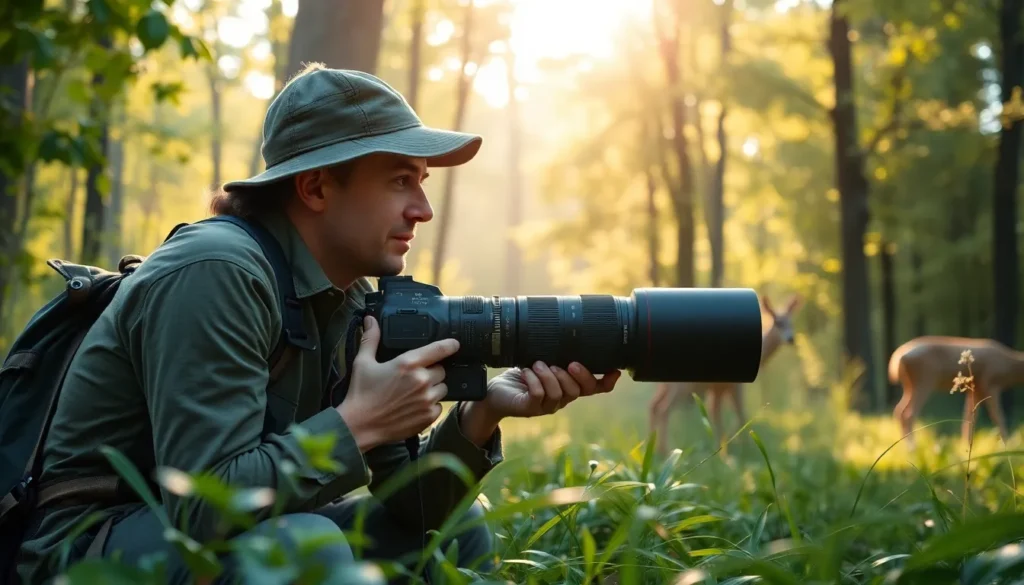Introduction
Artificial intelligence (AI) has transformed various industries, and photography is no exception. From enhancing images to automating editing processes, AI has significantly improved the way photographers create and refine their work. AI-powered tools now assist photographers in capturing, editing, and perfecting images with precision and efficiency. These advancements allow both professionals and hobbyists to develop more impactful and visually appealing photographs. In this article, we explore how AI is revolutionizing photography, making it more accessible, creative, and efficient.
AI-Powered Image Enhancement
One of the most remarkable contributions of AI to photography is in image enhancement. AI-driven software can automatically adjust brightness, contrast, saturation, and sharpness to optimize photos instantly. Tools like Adobe Sensei, Skylum Luminar, and Topaz Labs use machine learning to analyze images and apply enhancements that previously required hours of manual editing.
Features of AI in Image Enhancement:
- Automated Color Correction – AI can analyze the color balance in a photo and adjust it for a more natural look.
- Noise Reduction – AI-powered tools can identify and reduce noise in low-light images, preserving details and improving clarity.
- Super-Resolution – AI algorithms enhance image resolution by intelligently reconstructing pixel details, allowing photographers to upscale their images without losing quality.
- HDR Optimization – AI can merge multiple exposures to create high-dynamic-range (HDR) images that bring out details in both highlights and shadows.
AI in Photo Editing and Retouching
Editing and retouching have become more streamlined with AI integration. Traditional retouching required extensive manual adjustments, but AI-powered tools can now automate tasks while preserving artistic control.
AI-Driven Editing Features:
- Portrait Retouching – AI can remove blemishes, smooth skin, and enhance facial features in portraits with precision.
- Background Removal and Replacement – AI-based editors like Remove.bg and Photoshop’s AI-powered selection tools make it easy to remove and replace backgrounds.
- Object Removal – AI can intelligently fill in removed objects with realistic textures, making it ideal for clearing distractions from images.
- Automated Adjustments – AI-driven software analyzes an image and suggests optimal edits, exposure, white balance, and sharpness, and it even converts those images to video.
AI in Composition and Framing
AI is also aiding photographers in composing and framing shots effectively.

Tools integrated into modern cameras and smartphones analyze scenes in real time, suggesting adjustments to improve composition.
Composition Assistance Features:
- Rule of Thirds and Golden Ratio Suggestions – AI can overlay guides to help photographers position subjects harmoniously.
- Auto-Cropping for Aesthetic Balance – AI-powered cropping tools ensure a visually appealing composition by aligning elements according to design principles.
- Scene Recognition and Adjustments – AI can detect different types of scenes (landscapes, portraits, macro) and recommend ideal camera settings for optimal results.
AI in Workflow Automation
Photography involves repetitive tasks such as organizing, tagging, and cataloging images. AI is streamlining these workflows by automating organization and metadata management.
Workflow Automation Benefits:
- Smart Image Tagging – AI-powered software like Google Photos and Adobe Lightroom automatically categorizes images based on subjects, locations, and even emotions.
- Automated Culling – AI can sort through thousands of images, selecting the best shots based on sharpness, composition, and subject focus.
- Keyword and Metadata Generation – AI tools can generate metadata descriptions, making it easier to search and manage large photo libraries.
AI in Creative Photography
AI is not just about automation; it also fosters creativity by enabling photographers to experiment with new artistic possibilities.
Creative AI Features:
- AI-Generated Filters and Styles – AI can apply painterly effects, cinematic color grading, and custom styles to images.
- Style Transfer – AI can mimic the aesthetics of famous artists or film styles and apply them to photographs. It can even convert those photos to video.
- Augmented Reality (AR) in Photography – AI-driven AR filters allow for real-time creative effects and overlays, which are popular in social media photography.
AI in Smartphone Photography
The integration of AI in smartphones has made high-quality photography more accessible to non-professional users. Features like computational photography, smart HDR, and AI-powered night modes have revolutionized mobile photography.
Smartphone AI Photography Features:
- Night Mode Enhancements – AI processes multiple exposures to create well-lit night shots without noise.
- AI Scene Detection – Cameras automatically adjust settings based on the type of scene detected.
- AI Portrait Mode – AI simulates DSLR-style depth-of-field effects for professional-looking portraits.
Ethical Considerations in AI Photography
While AI brings numerous advantages to photography, it also raises ethical concerns. The ability to manipulate images seamlessly can lead to misinformation or unrealistic beauty standards.
Ethical Concerns:
- Deepfake Technology – AI can generate highly realistic but fake images, which may be misused.
- Authenticity and Credibility – Over-editing with AI may lead to questions about the authenticity of a photograph.
- Privacy Issues – AI-powered facial recognition raises concerns about consent and surveillance in photography.

Photographers must strike a balance between AI-assisted enhancements and maintaining the integrity of their work.
Future of AI in Photography
The future of AI in photography looks promising, with continued advancements in automation, creativity, and efficiency. AI-powered tools will further enhance the following:
- Real-time AI Editing – Cameras may soon feature built-in AI that edits images instantly.
- AI-Powered Drone Photography – AI will improve drone navigation and object tracking for aerial photography.
- Interactive AI Assistants – AI voice assistants will guide photographers in real time, suggesting angles, lighting, and settings.
Conclusion
AI has revolutionized photography by making image enhancement, editing, and workflow automation more efficient. From aiding in composition to enabling creative effects, AI empowers photographers to produce more impactful images. However, as AI continues to evolve, photographers must navigate ethical considerations while leveraging these advancements. By embracing AI as a tool rather than a replacement, photographers can push the boundaries of their creativity and craft stunning, high-quality images effortlessly. The future of photography with AI is bright, bringing exciting possibilities for professionals and enthusiasts alike.



